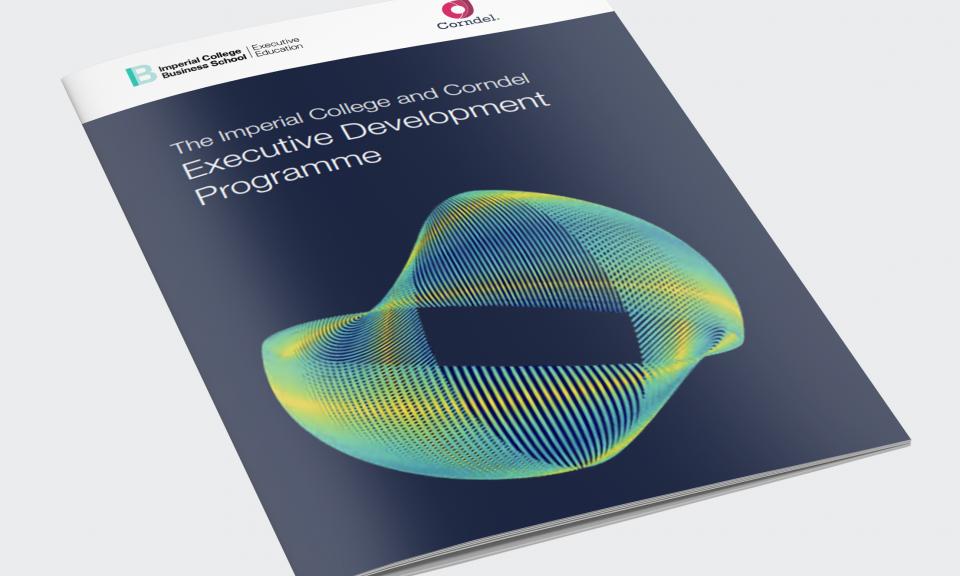David Cameron has named and shamed Kingston University for our choice of guests, but it’s our job to protect freedom of speech

Kingston University, where I am vice-chancellor, was named and shamedby the prime minister last year for allegedly hosting Islamic “hate speakers” and thus undermining official efforts to prevent the radicalisation of students.
A couple of weeks ago, another supposed “hate speaker”, Moazzam Begg, was invited to speak to Kingston students. Begg is a former prisoner of US forces at Bagram in Afghanistan and at Guantanamo Bay. I did not stop his visit. On the contrary, I shared the platform with him.
Was I being reckless? Was I deliberately provoking the prime minister and the chorus of others who demand that universities do more to tackle radicalisation? No. I was being true to my obligations as a university vice-chancellor.
Universities have a duty of care to our students, staff and the wider community. If we have good reason to think that a student poses a risk to others, we must liaise with the appropriate authorities, which may be mental health services, the police or security services. At the same time, we must balance this obligation with respect to privacy and confidentiality, which is not always easy.
The government is worried that some ideas and some individuals radicalise people to such a degree that they become terrorists. They also seem convinced that this process is happening at our universities, and as I say, Kingston University has been identified as a particular offender. Yet I believe that I am acting in a way that reduces, rather than increases, the threat to the public.
I take the risks and the accusations extremely seriously but, as an academic, I also look closely at the evidence. It could hardly be weaker. There is no respectable evidence that radicalisation is happening at British universities today. Some extremists may be graduates, but no one has shown cause and effect or anything like it.
As for the prime minister’s complaint about Kingston University, not one of the four campus meetings that he identified as dangerous involved hate speech or anything of the kind.
But let us imagine that ideas expressed on campus could lead to radicalisation: what would be the best way to counter that? To confront those ideas with others? Or to drive them underground so that they are never challenged or questioned?
I want my students to be faced with a variety of opinions, to learn that diversity can exist in an environment of courtesy and an appetite for learning. I believe, to paraphrase the Victorian theologian John Henry Newman, that universities are where the clash of ideas brings forth truth.
There are limits, of course, some of them set by the law – we can not allow incitement to hatred or violence and we are very careful about such things. But it would be wrong to bar a speaker because the government of the day does not like their views.
That’s how I found myself on a panel with Begg and Shenaz Bunglawala fromMend, a group that aims to get Muslims involved in local civic society and politics. The audience represented a vibrant university – white, black, hijab, T-shirt, iPad, notebook, male, female, gay, straight – all mixed together, polite, listening, questioning.
I spoke about the importance of universities as places for debate. Begg related his experience of imprisonment and torture with eloquence and passion. Bunglawala was erudite on John Stuart Mill and Liberty. Questions covered Egypt, students’ fears of racist attacks, Islamophobia and the sense of marginalisation felt by many Muslims. We also spoke about stoning adulterers as a punishment, and the rights of the LGBT community to freedom of speech.
There were people in the room with whom I disagree. Begg thinks homosexuality is wrong, for example (as do some members of the House of Lords), but – importantly – he recognises the right of the LGBT community to be heard.
We discussed how easy it is to stand up for the freedom of speech of those with whom you agree, and how much harder and how much more necessary it is to ensure freedom of speech for those that you disagree with.
By the end of the talk, ideas had been shared and challenged. I think it highly unlikely that anyone was radicalised. Instead, students learned that those with different opinions to them are thoughtful and willing to listen. This is surely a good way to combat violent extremism.
No doubt some database in the Home Office will log that a “hate speaker” has appeared at Kingston University again and we will be criticised for doing what I think is our job. But please, let us not silence the clash of ideas in our universities, because if we do, we will all be worse off.














